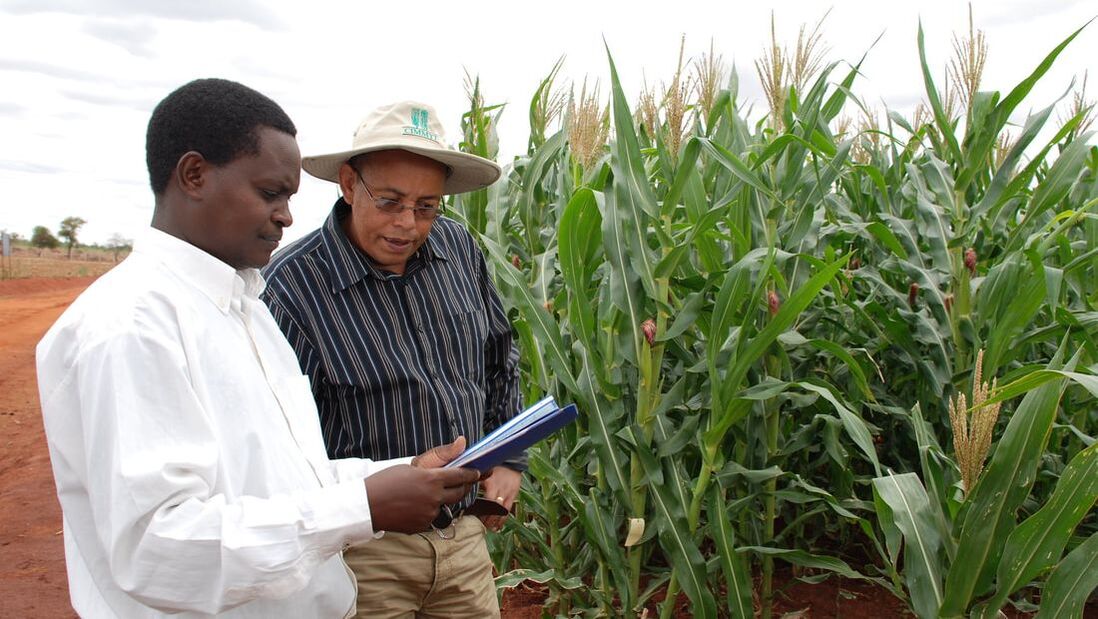|
Earlier this year, AfriTech XYZ launched an Innovation Prize, to highlight and support some of the most innovative early-stage clean energy start-ups in Sub-Saharan Africa. We spoke to a few start-up founders of the AfriTech XYZ community, to learn more about the problems in their sectors that can be solved by clean energy tech innovation. Here’s what they had to say: Reducing gas emissions and deforestation
Rural and peri-urban households mostly rely on wood fuel and inefficient cookstoves for their cooking and heating purposes. It is estimated that nearly 3 billion people in the developing world use traditional cookstoves, with solid fuels for cooking. But the over-dependence on forest biomass for fuelwood contributes to deforestation, climate change, and poor air quality with associated poor health implications. Indoor air pollution from inefficient traditional wood-burning stoves and open fires remains the major source of wood smoke exposure to humans. Women, who do most of the household cooking, children under the age of five and the elderly are more exposed. Clean energy tech solves the problems of climate change through reduced greenhouse gas emissions, reducing deforestation as well as mitigating indoor air pollution. Environmentally friendly and affordable clean energy solutions are provided through the recycling of agricultural waste into sustainable, green smokeless biomass briquettes. Eco-friendly briquettes solve the problem of energy access for cooking and heating, current methods increase deforestation, and female mortality as a result of inhaled smoke while cooking and increasing carbon in the atmosphere. Providing alternative energy sources Access to sustainable, efficient, and affordable energy products and services is a precondition for development, however, the majority of households in rural areas and street food vendors in the evenings do not have access to clean lighting and depend on kerosene wick lamps for lighting. The use of inefficient lighting by over 40% of Ghana's rural populations contributes to indoor air pollution, climate change, and its associated health implications. Most street food vendors also work hours in the sun affecting their health and working conditions. Clean energy tech seeks to provide clean solar lanterns for small businesses in various markets, and rural households to change from the use of kerosene wick lamps to solar lanterns using a save to own business model. The power industry at present represents a big problem due to the high cost of access to grid power. The lack of consistent access to grid power, especially in low and middle-income homes is being solved directly by providing affordable, cost-effective alternatives to clean energy on-demand Cold storage solutions reduce post-harvest loss by 95 percent, especially for smallholder farmers who are mostly women. Burning of fossil fuel and charcoal to generate energy sources by localities which account for over 90% of the global warming creating greenhouse effects. Off-grid communities are in constant search of a brighter future where they stay connected to electricity for a variety of domestic and commercial reasons. Clean energy tech provides them with a portable and energy source that solves the issue and brings a positive impact on the environment in order to boost economic activities. It is clear that technology really does solve a lot of problems in Africa, even environmental issues. This can be seen through the use of environmentally friendly and affordable clean energy solutions for the provision of alternative energy sources and the reduction of gas emissions and deforestation created by kerosene for cooking or over-dependence on forest biomass for fuelwood, amongst others contributes. AfriTech XYZ will continue to support clean-energy start-ups. As part of the innovation prize competition, you can vote for the most innovative start-up by visiting here before 08 December 2020. The winner will receive a cash prize. Comments are closed.
|
Archives
September 2023
|


 RSS Feed
RSS Feed




